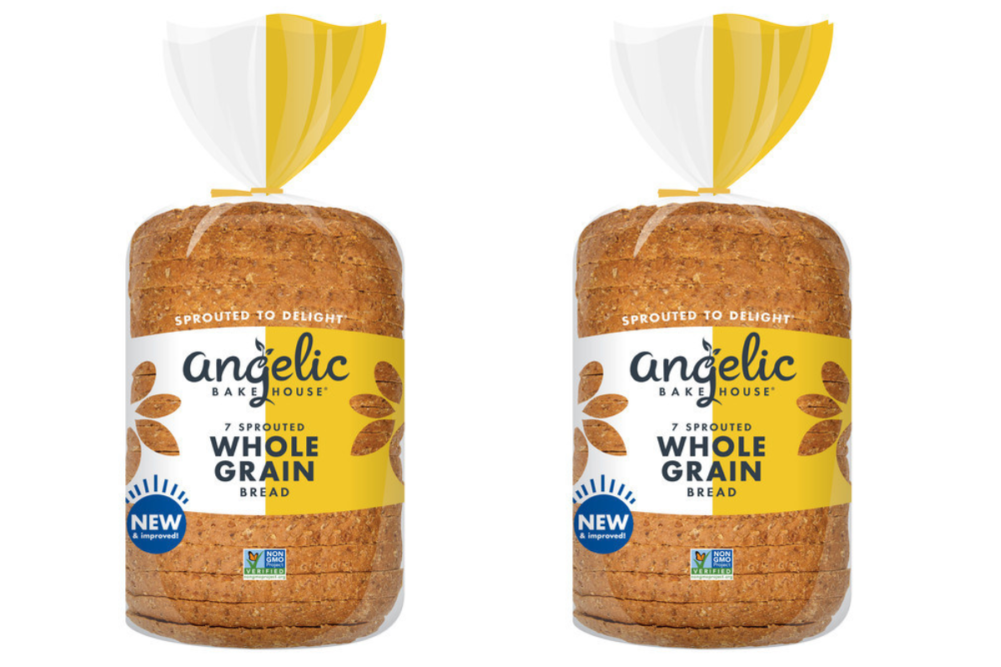WESTERVILLE, OHIO — Lancaster Colony Corp. is ready to focus on the categories where it has strategic scale — such as dressings and sauces — as well as categories where it has focused scale — such as frozen bakery — following its exit from the perimeter-of-the-store bakery category, said David A. Ciesinski, president and chief executive officer.
Speaking to analysts during a May 2 conference call to discuss third-quarter financial results, Ciesinski shed light on Lancaster’s decision in mid-March to halt production of products sold under the Flatout and Angelic Bakehouse brands.
“Both brands were typically sold in the deli section of the grocery store,” Ciesinski said. “Unfortunately, due to a lack of scale and direct-to-store distribution capabilities, we were not able to achieve the required operational or financial performance for these product lines, and subsequent efforts to sell these product lines were unsuccessful.”
He said the decision to shutter the Flatout facility in Saline, Mich., and the Angelic Bakehouse facility in Cudahy, Wis., affected 80 employees.
Lancaster acquired Flatout, a manufacturer of flatbreads, from private equity firm North Castle Partners for approximately $92 million in 2015. Angelic Bakehouse, a maker of sprouted baked foods, was acquired a year later for an undisclosed sum.
Later in the conference call Ciesinski provided additional color on the decision to exit the perimeter-of-the-store bakery category.
“The reality is, as we worked our way through those businesses, what we found is that; one, they lack scale,” he said. “And two, we lack the capabilities that we believe you really need to win in that part of the store, which is direct-to-store distribution capabilities. And as it sort of played out from period to period, in spite of our very best efforts, one day, you’re on display exactly where you’re supposed to be, and it looks awesome, and the next day, some of your items are near the cat litter.
“So as we looked at those businesses versus a lot of our others, for example, that are more tightly planogram in frozen or in dry grocery or even in produce, the combination of the fact that they lack the right scale, we didn’t have the right capabilities just made it a really tough situation. And our view was discretion is the better part of valor. We’ve given it a good trial. Let’s back away from this, and let’s move on and really focus on our core.
“What this wasn’t was a grand review of our whole portfolio as much as it was us just looking at these two businesses that we liked a lot, but we just couldn’t get to work, and we moved on.”
During the May 2 conference call, Thomas K. Pigott, chief financial officer at Lancaster, said the Flatout and Angelic Bakehouse product lines combined for approximately $15.5 million in net sales through the first three quarters of fiscal 2024 and “did not have a significant impact on profitability.”
Ciesinski said with Lancaster’s exit from the Flatout and Angelic Bakehouse product lines now complete, the company intends to direct even greater focus toward categories where it believes it has strategic scale, such as dressings and sauces, and focused scale, such as frozen bakery. The company already took steps toward that strategy earlier this year with the announcement of a partnership with Subway to offer four different sandwich sauces and a partnership with Texas Roadhouse to offer steak sauces.
Net income at Lancaster Colony in the third quarter ended March 31 was $28.35 million, equal to $1.03 per share on the common stock, up 15% from $24.56 million, or 89¢ per share, during the third quarter of fiscal 2023. The most recent quarterly results included restructuring and impairment charges of $12.14 million, primarily related to the company’s decision to exit the perimeter-of-the-store bakery product lines.
Net sales were $471.45 million, up 1.4% from $464.94 million.
Operating income in the company’s Retail segment totaled $47.31 million in the third quarter, up 28% from $36.94 million in the same period a year ago. Net sales increased to $248.05 million from $247.21 million.
“In our Retail segment, net sales growth of 30 basis points was driven by volume gains for our successful licensing program, led by Chick-fil-A sauces and dressings, Olive Garden dressings and our newly introduced Subway sandwich sauces and Texas Roadhouse steak sauces,” Ciesinski said. He added sales of New York Bakery garlic bread increased 5.8% during the quarter to $94.7 million, while sales of Sister Schubert’s branded products rose 13% to $35 million.
In the Foodservice segment, operating income increased 8.6% to $24.33 million, up from $22.41 million in the same period a year ago. Sales also increased, rising 2.6% to $223.39 million from $217.73 million.
In the nine months ended March 31, net income was $123.79 million, or $4.50 per share, up 21% from $102.12 million, or $3.71 per share. Net sales were $1.42 billion, up 3.7% from $1.37 billion.




